
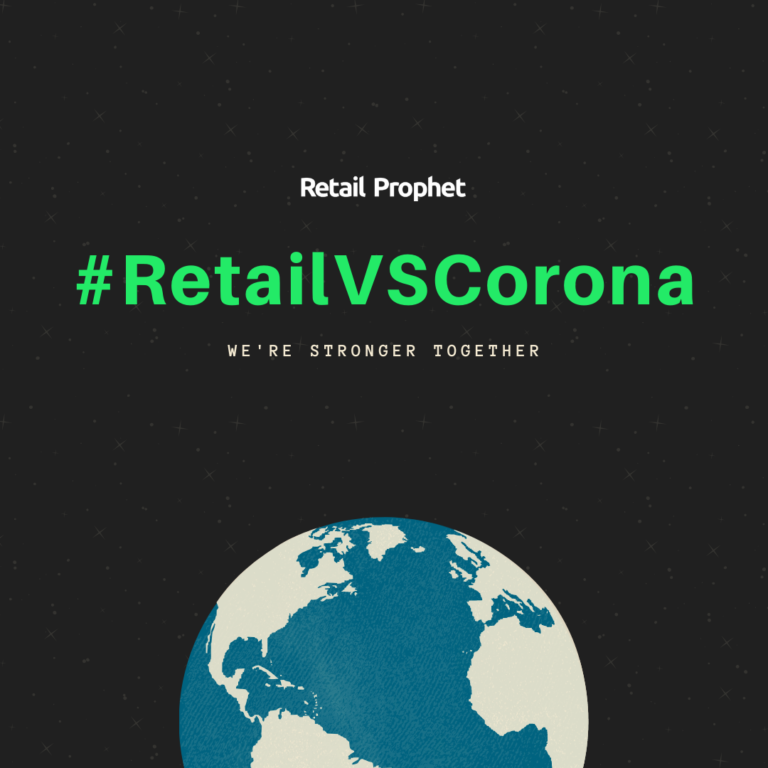
By Reilly Stephens
It’s estimated that 100,000 stores in the U.S could close by 2025. Yet, even with these grim projections, the tone in the media and amongst retailers and brands over the last week has appeared to shift slightly from dire to determined. Companies that have struggled to innovate in the past are witnessing their teams develop and go to market with completely new strategies, campaigns, processes and systems. In some cases, this has actually invigorated teams. For example, in a recent webinar hosted by Brainstation “The Future of Retail: Succeeding In An Online Only World”, senior executives from NIKE, Chipotle and Shopify spoke about their learnings in pivoting to digital-only business during the pandemic. All panelists unanimously agree that the most surprising learning is the sheer pace with which they are able to innovate under the immense pressure the pandemic has placed on them. And while of course, the pandemic and its fallout still does not bode well for all retailers, there does seem to be a willingness to try new things and take risks.
In markets like Germany and Austria where lockdowns are beginning to lift, reports suggest that shoppers are hesitant to jump back into crowded spaces and, as a consequence, little to no traffic is being reported at retail. Less than a month after lifting the lockdown, Northern Japan now faces a second wave of the virus. As I covered in last week’s #RetailVSCorona update, in addition to the potential for lingering fear around public spaces and gathering in groups, this period of intense online shopping could forever shift the balance between online and brick and mortar retail – especially for certain products like grocery, household goods, and personal care products.
Ultimately, what we can take from this is how vitally important it is to transform businesses into fully functioning digital entities. If there was ever a time to dare to be different, to try something new and to take a risk – it is now.
Here are examples of brands and retailers that are using courage, creativity and compassion to fight back.
April 28, 2020
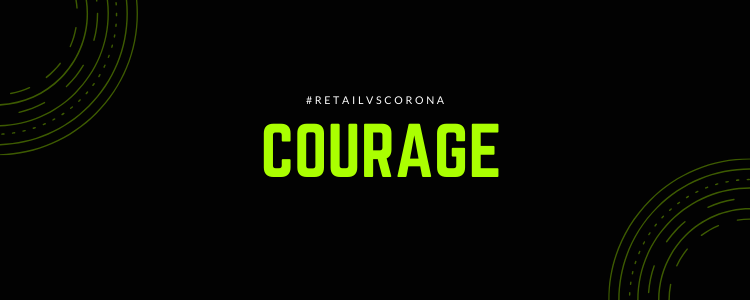
Neighborhood Goods wants to save small brands hurt by the pandemic
Neighborhood Goods dubbed the “department store of the future” is finding new ways to help small indie brands during and post-pandemic. Prior to the pandemic, Neighborhood Goods curated a variety of brands of all sizes, offering turnkey solutions like analytics, staffing, merchandising for a monthly fee, and commission on sales. With store closures affecting their physical retail business, they have recently announced a new platform, The Commons, which would provide the same level of support and promotion, without the fees. The Commons will provide a digital platform for these brands initially and move to physical retail when it is safe to do so.
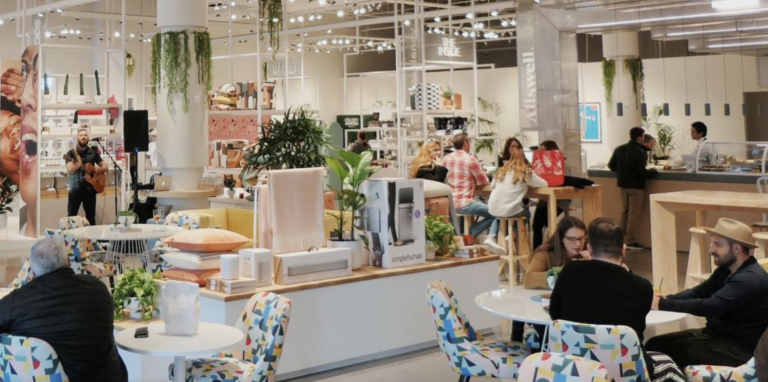

Dior recreates Champs-Élysées store in VR
According to Glossy, Amazon-backed VR/AR platform, Obsess, has seen a 300% increase in inbound inquires from brands looking to build virtual experiences. Dior worked with Obsess to recreate their Champs-Élysées store for people to experience and shop in.
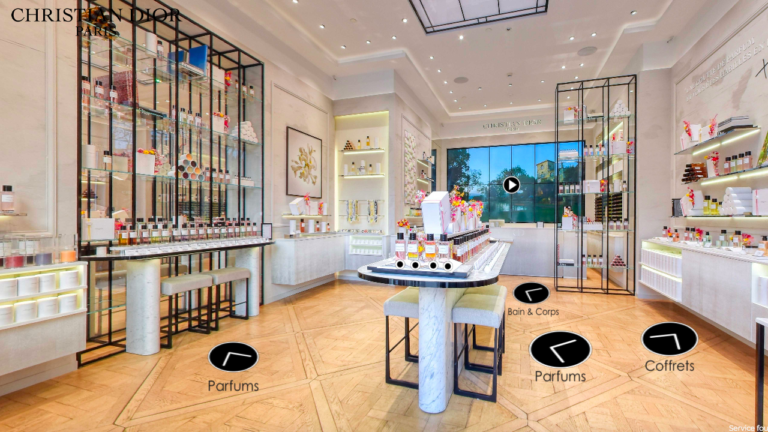
NBC launches shoppable ads
Feeling the loss of ad revenue from cancelled or postponed major events like the Olympics, NBC announced a new advertising platform that enables people to shop directly through an advertisement by scanning a QR codes on their phone. Until the end of the year, NBC will not be taking a cut of sales made through the NBC Checkout platform in an attempt to help support companies affected at this time. They did not comment on what percentage they would take beyond that time.
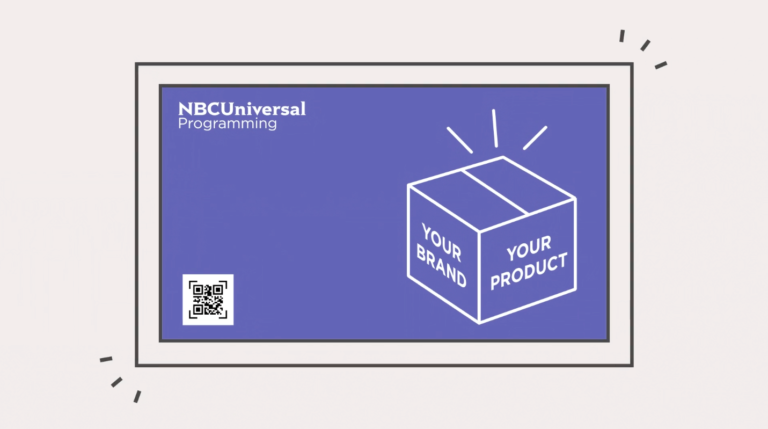
Zappos overhauls website to serve customers at home
Zappos has a reputation for putting people first. During the pandemic, they have launched several initiatives to prioritize the health and wellbeing of their staff, give back to the community and serve their customers in ways that go beyond a traditional retailer. This month they launched “Customer service for anything”, providing customers with local restaurant delivery recommendations, apps to help battle loneliness during isolation and encouraging people to call their customer service lines if they just simply need a friendly voice to talk to.
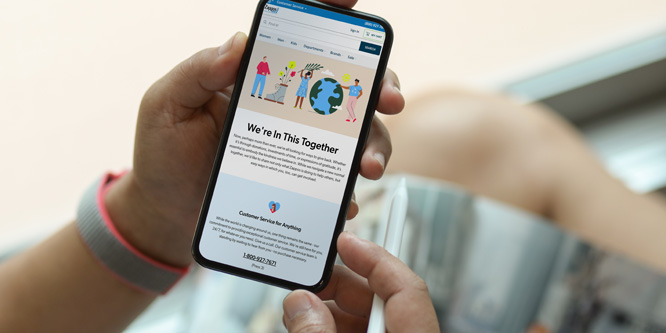
Small boutique pivots to make bespoke masks
Michel’s Bespoke, a Toronto-based menswear company is pivoting to create custom facemasks.
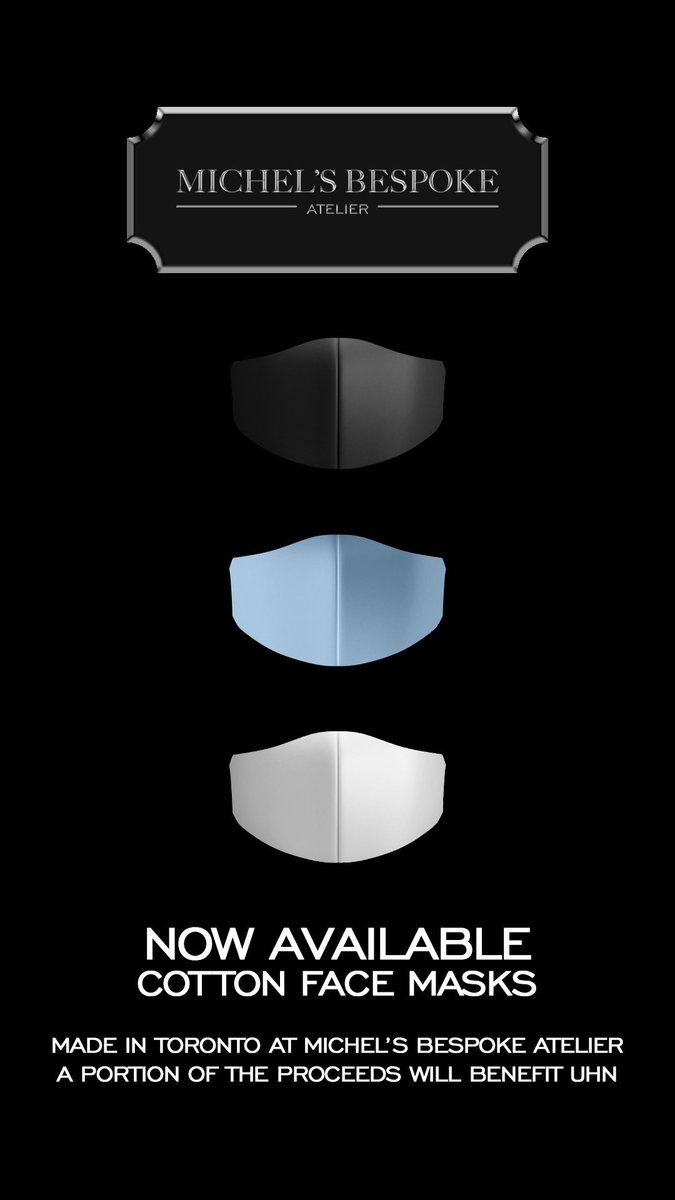

Large companies give back stimulus loans in an effort to help the little guys
Larger companies like Sweetgreen and Shake Shack made waves in the news last week when they announced they would be both be returning their stimulus checks in the amount of $10M each. The CEO of Shake Shack mentioned in an interview with CNN that knowing that smaller businesses couldn’t get access to loans, it did not feel right to accept the funds.
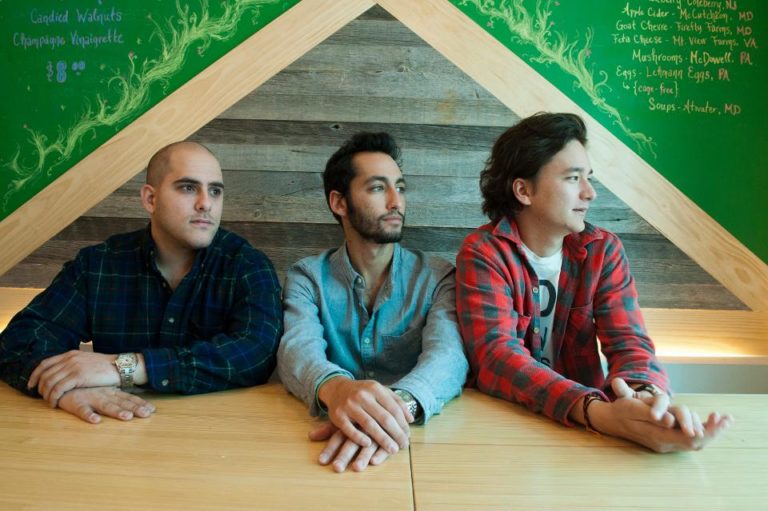
Six Fifty Clothing helps their community
Six Fifty Clothing is helping their community by donating 100% of the profits from their t-shirt sales to organizations providing meals to people in need across New York City. In addition, they have committed to donating a medical grade mask for every face mask sold on their website.
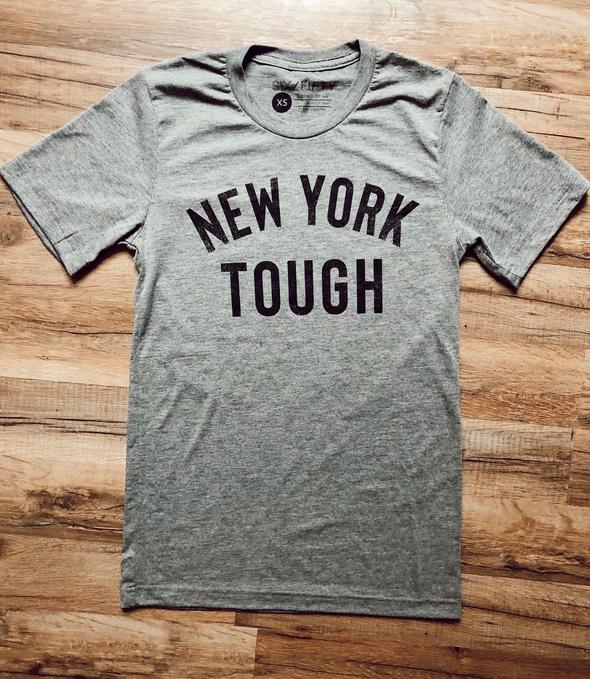
Zara makes deliveries of 457M euros worth of medical gear
Zara’s parent company Inditex has been extremely active in the manufacturing and delivery of goods for medical staff across Spain. In addition to the 457M Euros worth of gear they have produced, they have donated tens of millions of dollars to various organizations to combat Covid-19.
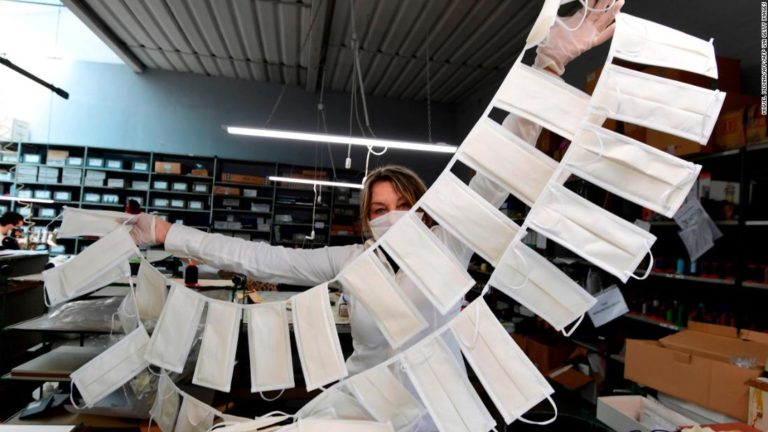
Cracker Barrel launches donations by gift card purchase
Cracker Barrel announces a new program allowing people to purchase a $10 virtual gift card and in turn, donate a meal to healthcare workers. The company has committed to donating 5,000 meals.
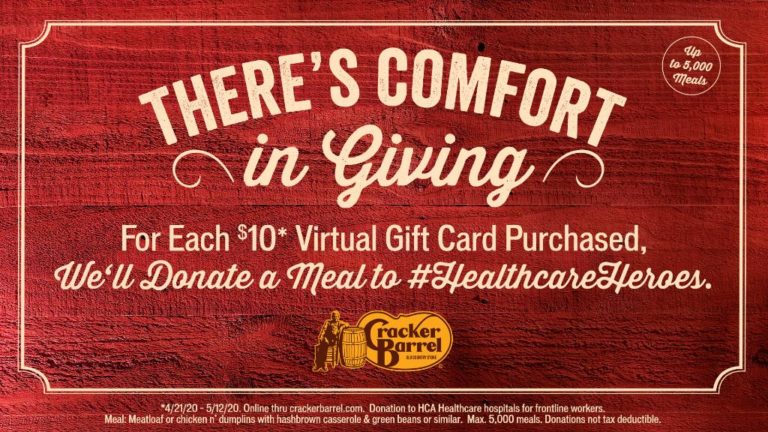
A24 launches an online auction selling platform
Entertainment company A24 has announced the launch of an online platform that allows people to bid on props, wardrobe and set pieces from their favourite films and TV shows. 100% of the proceeds will be donated to four New York based charities.
Stay safe, stay healthy and remember if you see something that you think should be included here be sure use #RetailVSCorona.
